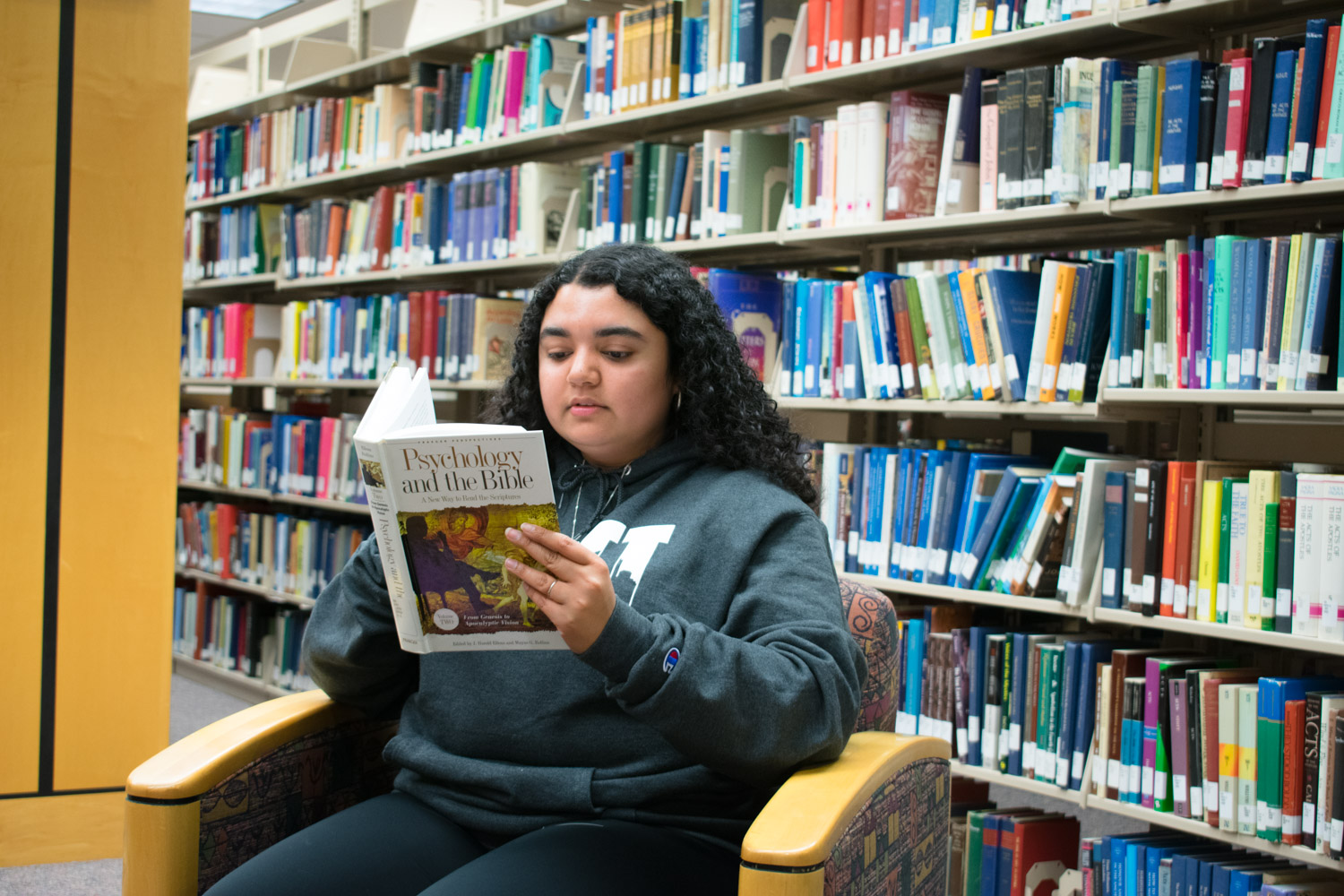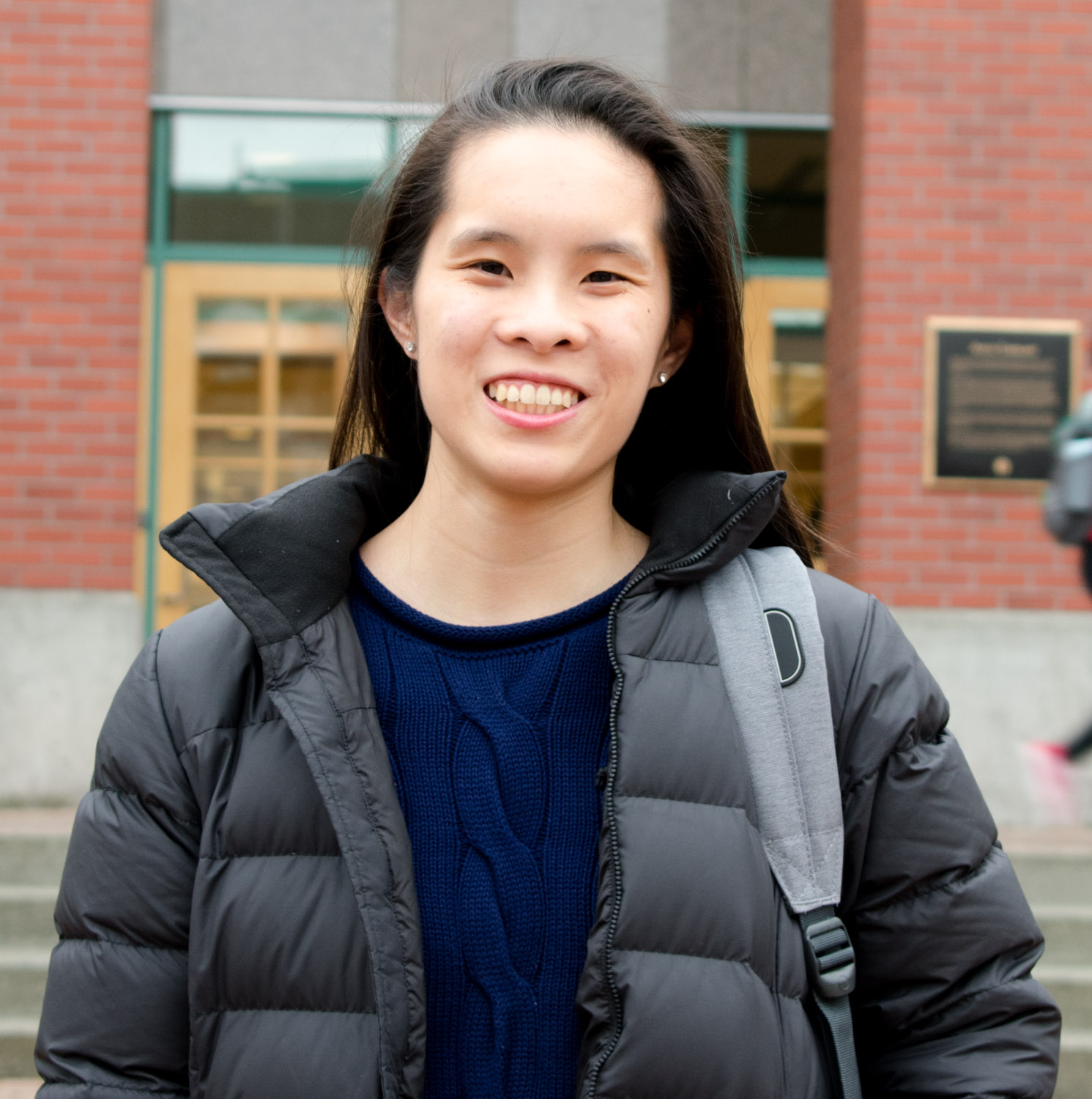Left alone without housing
Winter break leaves some students vulnerable without a home
December 4, 2019

Sophomore psychology major Mika Govender lives in the dorms on campus, and when winter break starts she has no other options but to either find a place to stay or go home to her family in Morocco.
The Seattle Pacific University dorms are closed during winter break so everyone, even international students, must vacate and find a place to stay until school starts again in January.
“I wish SPU would keep the dorms open, it’s not easy to go home when you want to [as an international student],” Govender said.
SPU does not offer international students housing over winter break.
This leaves them stranded if they do not have a place to go for the holidays.
“Even if [SPU] wanted to charge us to stay in the dorms over break I would pay it instead of going home all the time because sometimes there’s just no money for it, and then we are stuck. It feels like we are stranded,” Govender said.
If an international student doesn’t have family living nearby, they either have to spend a hefty sum of money to travel home or find a place to stay over the break.
“Cost-wise it’s not great. You either have to pay for a ticket to go home or pay to stay here, and then you have to think about the cost of food, or transportation,” Govender said.
Students who cannot fly home want open dorms over the break, and even students who can go home still support this sentiment.
“It would be convenient for the dorms to be open for those who don’t have money to go home,” Govender said.
Even if some students cannot go home, people like sophomore Eryn Tan, an English major, find ways of staying close by.
“I’d say the only negative impact about the lack of housing is that I have to spend money every break to travel to Canada,” Tan said.
Tan cannot go back home to Malaysia every holiday break, so she has to travel to Canada to stay with extended family and celebrate Christmas there.
With such long distances separating students from their family, it is not feasible for many to return home for every holiday and break.
“Before I came to America, I studied in England and Korea so I don’t really mind being away from my family — but I do get jealous when some students get home, but it’s understandable because I chose to come to the U.S.,” Govender said.

Often, the dates of winter break do not match up with those of the holidays that international students celebrate in their own culture. This leaves many students missing out on their own family celebrations.
Chinese New Year, for example, is observed at the end of January, meaning that even if people who celebrate it can afford to fly home during winter break, they would miss out on all of the festivities.
“It’s sad because the purpose of Chinese New Year is to reunite with family, but I can’t go back because I’m studying here,” Yolanda Wu, a sophomore business administration major from Taiwan, said.
Since break doesn’t line up with holidays observed overseas, it leaves students in a limbo between school breaks and family holidays.
Students have to fly back home while dorms are closed and their families often don’t have time off from work, as opposed to later in the year during their local holidays.
“When I came back home for Christmas, everybody is still working. There is no Christmas break in Taiwan. When I come back to the U.S. everyone [back home] gets a break for Chinese New Year,” Wu said.
Wu is the secretary for the International Students Club, which hosts events to commemorate holidays celebrated in students’ home countries, such as Chinese New Year, since many of these students cannot go back for the holidays.
“I miss being a part of my family’s traditions, and I’m not going to be able to be apart of it for four years,” Wu said.
Some students may feel like the lack of housing leaves them on their own especially if they are away from family, but there are still ways of staying connected to other international students on campus.
“The International Students Club hosts a Chinese New Year celebration together, it’s a great experience to celebrate Chinese New Year with other international students,” Wu said.
Celebrating their own cultures’ holidays with others makes international students feel at home, even if they cannot go back during break.
“[Chinese New Year] introduces the culture to people who are not Chinese, and it brings people together to celebrate the event,” Wu said.
Going home is typically seen as a relaxing and calming experience. But for international students this is simply not the case.
Having access to housing, as expressed by many international students, could make international students feel at home for the holidays and soothe many who may be missing out on their family celebrations.
“It’s disorientating, but you get used to it and learn to live with it,” Tan said.


























































































